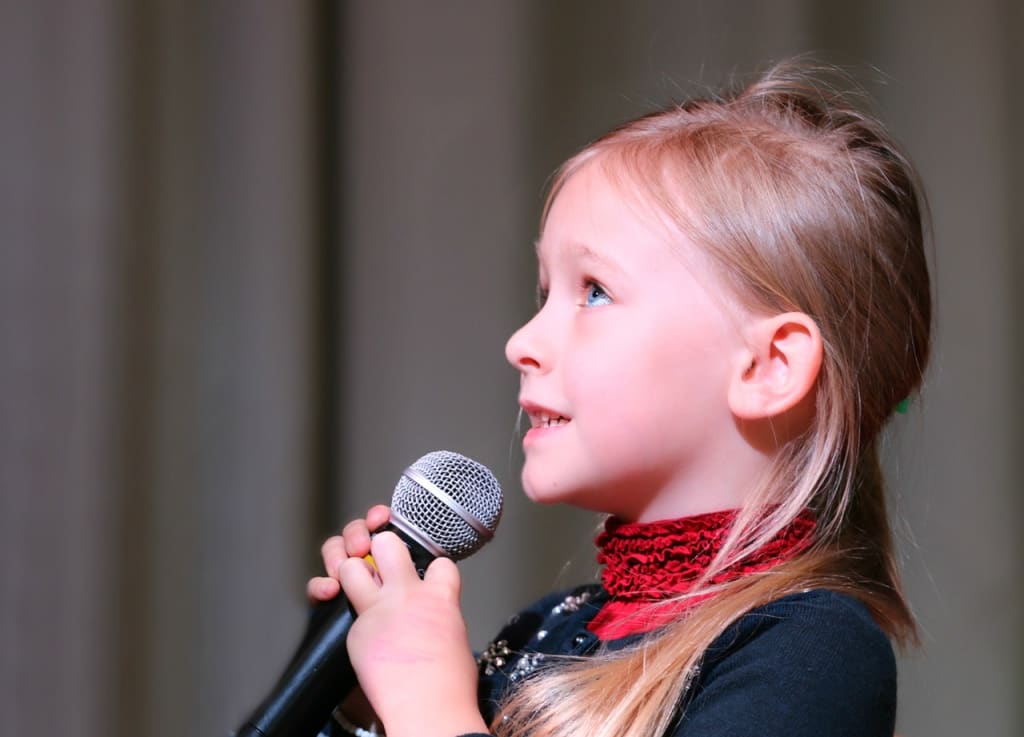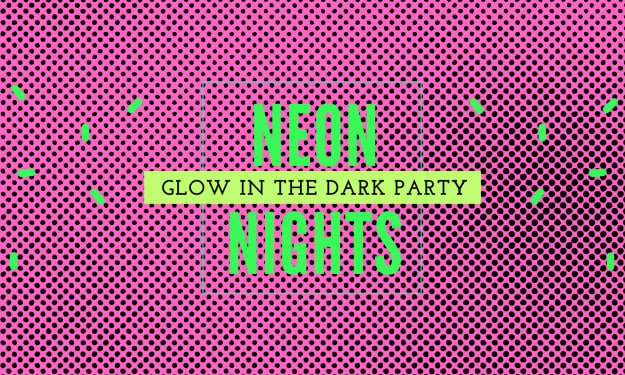Five Best Starter Musical Instruments for Kids
What are the five best starter musical instruments for kids?

Over time, there have been some gifted child prodigies who have used their musical talents to dazzle people and make a name for themselves. Wolfgang Amadeus Mozart (1756-1791) is one of the most famous historical prodigies. There are many stories of how he entertained European heads of state during his tours with his sister, Maria Anna (Nannerl; 1751-1829), who was also a talented young musician. Young Mozart composed a wide range of works which include symphony, opera, and concerto, before he was ten years old.
Jackie Evancho (b. 2000) is a recent child prodigy who wowed the audience when she sang at the America’s Got Talent television show in 2010. There are so many stories like these of kids who have become famous with their musical talents. Many parents would love for their children to get interested in music and start playing instruments at an early age. This brings up the question, what is the best starter musical instrument for kids?
The Five Best Starter Musical Instruments:
1. Ukulele
Pros: It is relatively easier to learn and play. Compared to other instruments, this is quite cheap. Small-sized and comes in different sizes so kids of all ages and sizes can play. The size variation makes it easier for you and your kids to play amazing duets. The fretboard is easy to use as each fret can be seen clearly. Its four strings are soft, made of nylon, and easy to press down. Mastering songs is easier. The ukulele is also very easy to hold and handle. More so, ukulele music is written in tablature form which is really easy to read. Chords can be played with just a finger, or two, which makes learning and remembering chords easier. It is also quite convenient to carry around for practice or on family trips.
Cons: It lacks the lower sound range.
2. Violin
Pros: It comes in different size ranges, is compact, and portable. It increases brain activity as both physical and mental abilities are involved in playing the violin. Kids can actually move around while playing. Playing the violin helps to teach children how to listen carefully as they play, which is a concept known as auditor training. Another thing your child will learn, is to play with other people in orchestras or other groups.
Cons: It can be quite complicated to learn with the dexterity required between holding the violin and bow.
3. Piano
Pros: It is easy to reproduce tunes that are recognizable. Notes can be seen and touched. The piano is an excellent choice for children who are not interested in stringed instruments. Another advantage of learning to play the piano at an early age is the interaction of the notes with each other to create harmonies using complex chords. The range of the piano is huge, covering the traditional classical music, church music, electronic music, jazz, rock, and lots more. Kids also develop better skills for learning language and reading when they learn the piano.
Cons: It encourages children to be solitary and less social. Pianos are also large and quite pricey.
4. Drums
Pros: Drums come in different sizes and features to match your kid’s age. It is a dynamic instrument that can boost a kid’s confidence. As your kids learn to play drums, they have to learn coordination which, in turn, boosts brain power. Playing drums is also very good exercise, and helps in relieving frustrations, stress, and disappointment. Communication and social skills will also be improved.
Cons: It takes up space and makes a lot of noise.
5. Recorder
Pros: It is very easy to teach to kids. The instrument is cheap, comes in different sizes, and does not break easily. Kids learn to breathe regularly. Very portable, light, and easy to clean after use. Assembling and disassembling of the recorder is very easy. It also increases the lung capacity of your kids. When a kid learns to play the recorder, he learns basic music skills, which he needs to play other rhythmic instruments. It helps to train the kid’s memory. By playing the recorder, kids learn hand-eye coordination.
Cons: It has been known to cause headaches. Sounds terrible when played out of tune.
Instruments to Hold Off On Until a Child is Older
Every child is different with varying interests and abilities. It is, therefore, important to expose them to different types of music and musical instruments early on to see the one that catches their attention. Playing an instrument should be stimulating, fun and engaging for your child, but if he is playing the wrong instrument for his age, he will encounter too many set-backs. Hence, some instruments should be held off on until the kid is older.
The guitar is one of the instruments that should be held off for awhile, because it requires more note clarity and strength that your kid may not have. You could try the ukulele in place of the guitar.
Trumpets will have to be held in a lifted position for a long time while playing and this requires a lot of strength. Clarinets have holes your younger child’s fingers may not be able to cover in order to create notes while playing. The recorder is a great alternative wind instrument that is suitable for younger children.
Choosing the right instrument for your child is always tricky, so gathering more information on sites, such as Music Groupies, is a wise thing to do.






Comments
There are no comments for this story
Be the first to respond and start the conversation.